-
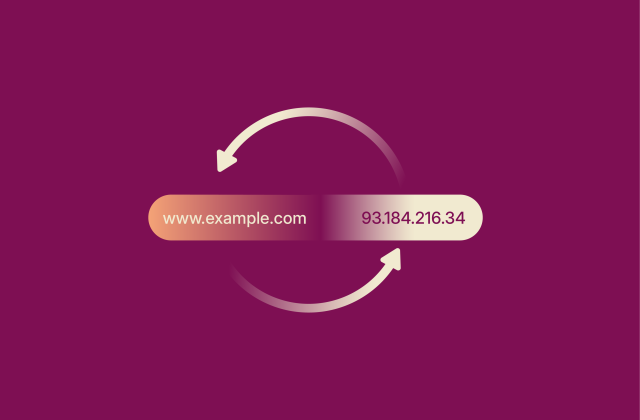
The ultimate guide to recursive DNS: Everything you need to know
The internet runs on a complex system called the Domain Name System (DNS) that turns human-readable domain names into machine-readable IP addresses. A recursive DNS server is a vital part of this syst...
-

What is traceroute and how to use it for network diagnostics
Traceroute is a useful tool for checking the path your internet traffic takes to reach a specific destination. It helps you spot where delays, bottlenecks, or connection issues might be happening alon...
-
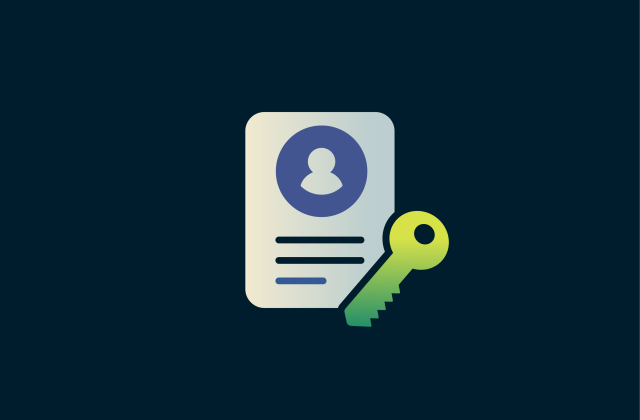
What is OIDC (OpenID Connect)? A complete guide to understanding the identity layer
Every time we sign in to a new app or website, we share personal details like usernames, passwords, or contact information. Each login creates another opportunity for that data to be exposed, making s...
-
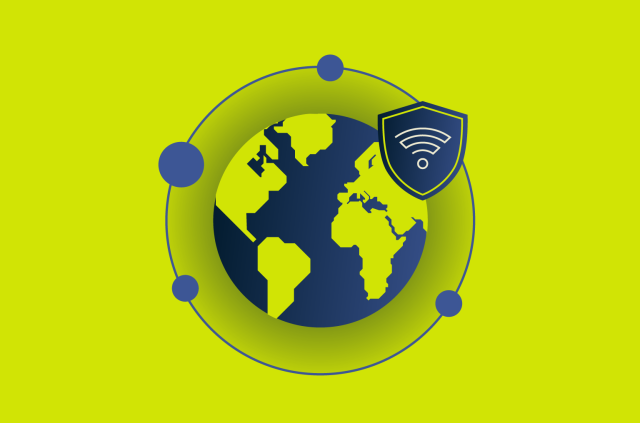
What is computer networking and how VPNs fit in
Computer networks form the backbone of modern digital communication. Learning how these networks operate will help you better understand the modern digital landscape and make smarter decisions about p...
-

What is a P2P VPN, and how does it work?
When you use a virtual private network (VPN), you’re trusting a company’s app and servers to protect your data. A peer-to-peer (P2P) VPN challenges that model with a different idea: what if the us...
-
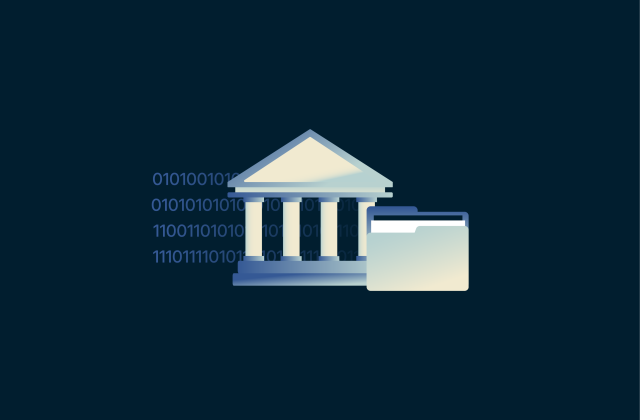
Data sovereignty: What it is and compliance considerations
Every digital interaction generates data. Often, it moves across borders; a login request in Paris might be processed on servers in California and stored in Singapore. Given this constant global excha...
-

Does Alexa spy on you? Simple ways to protect your privacy
Amazon Alexa devices, like the Echo Dot and Echo Studio, do not spy on users or listen in on private conversations, but they can sometimes activate inadvertently without the user knowing. Alexa device...
-
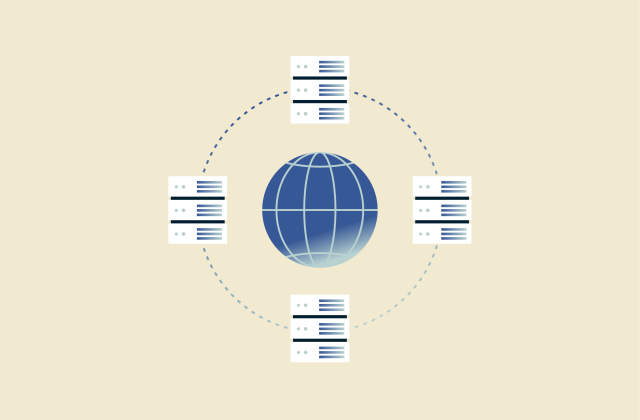
Types of DNS servers: Everything you need to know
Every device connected to the internet, from servers to your smartphone, has a unique numerical IP address. Since these number strings are impractical for people to remember, the Domain Name System (D...
-
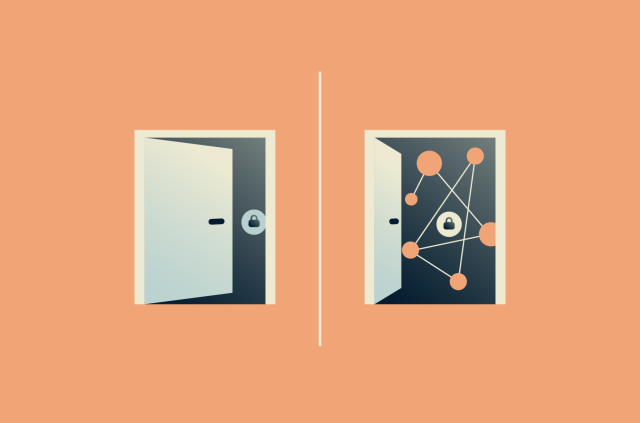
SSL VPN vs. IPsec: Which VPN protocol is right for you?
The debate between Secure Sockets Layer (SSL) VPN and Internet Protocol Security (IPsec) is often framed as an enterprise IT question: how to securely connect corporate networks or remote employees. B...
-

Domain hijacking vs. DNS poisoning: Key differences and how to stay protected
Domain-based attacks, which target the control or resolution of internet domains, are one of the major cyber threats of today. Two common and high-impact forms of domain-based attacks are domain hijac...
Featured




